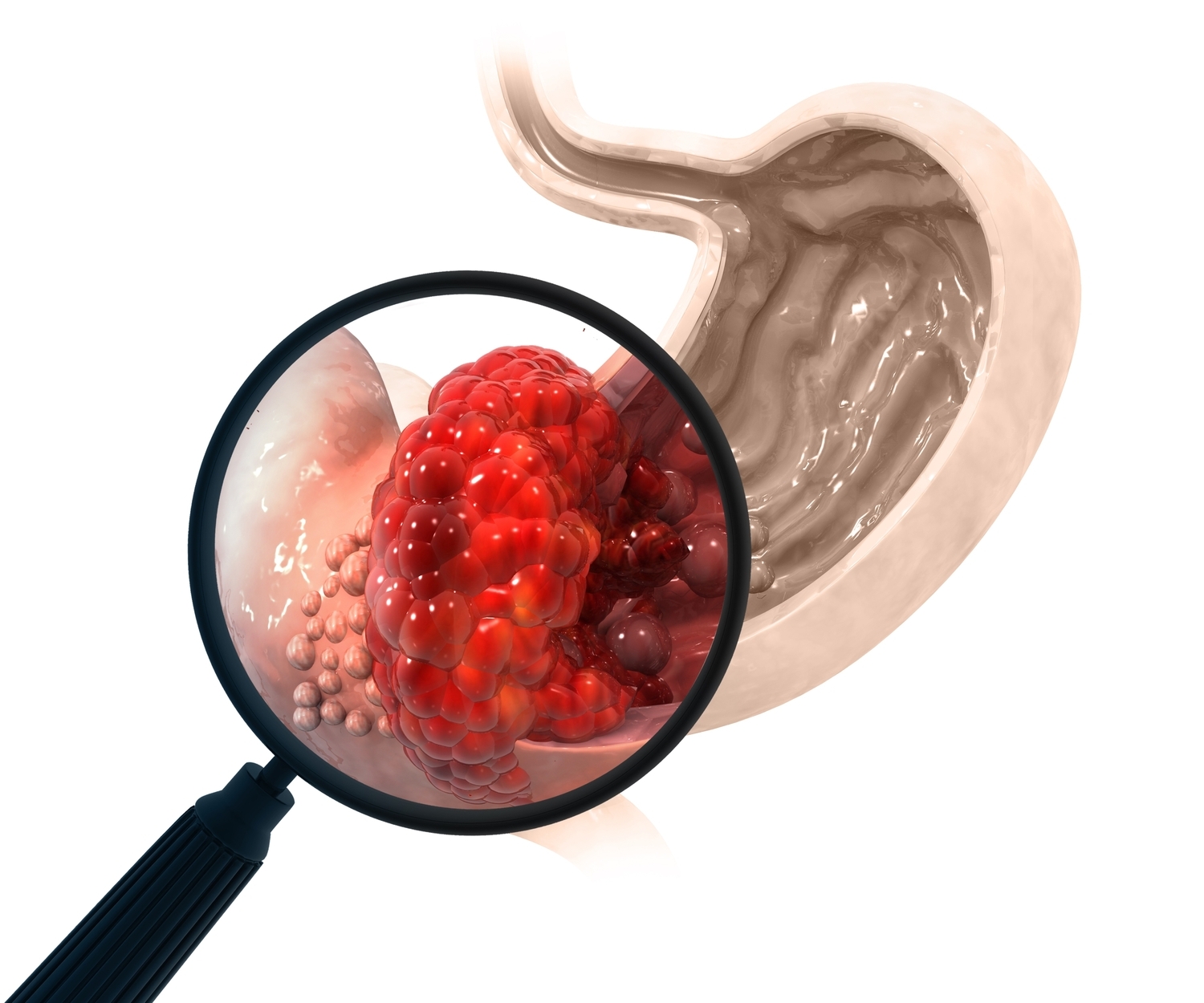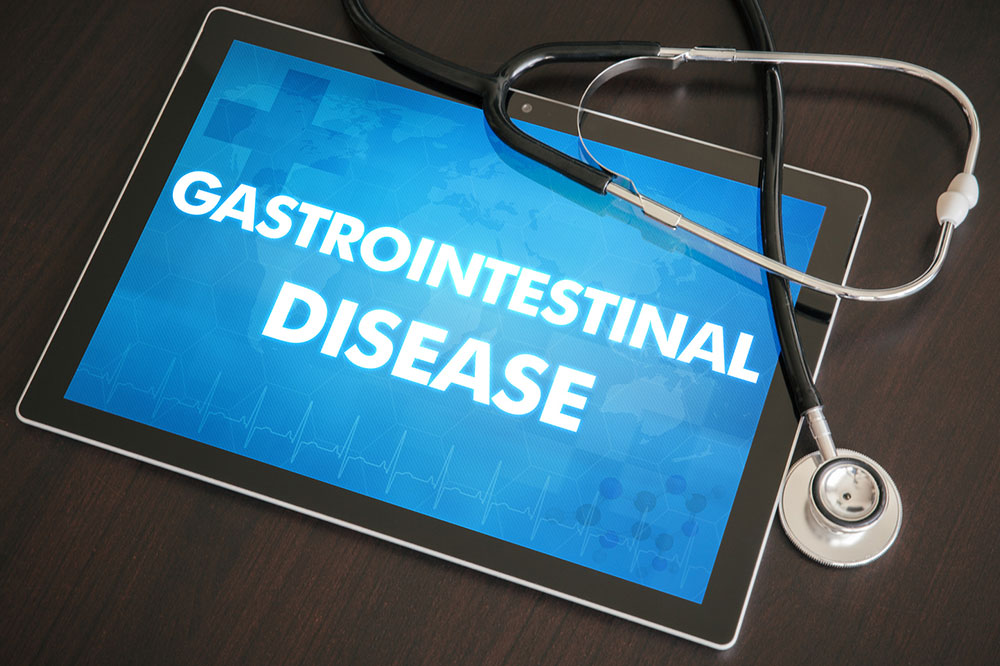Understanding Gastrointestinal Stromal Tumors (GIST): Key Facts to Know
This article offers an in-depth overview of Gastrointestinal Stromal Tumors (GIST), covering their origins, symptoms, and diverse treatment options. It highlights the importance of early detection and modern targeted therapies, serving as a valuable resource for patients and caregivers seeking awareness about GIST. Readers are encouraged to seek professional medical guidance for diagnosis and treatment planning.

Gastrointestinal Stromal Tumors (GIST) arise from abnormal cell growth within the digestive tract lining. These atypical cells can potentially turn malignant, making early diagnosis and treatment crucial. GISTs are most frequently found in the stomach and small intestine, but can develop anywhere along the gastrointestinal pathway.
Origins of GIST
The abnormal cell proliferation in GISTs primarily involves interstitial cells of Cajal (ICCs), which help regulate gut movements.
Research indicates that genetic mutations affecting DNA can lead to this cellular anomaly. These mutations often cause irregular behavior of the tyrosine kinase enzyme (KIT), promoting tumor growth.
Symptoms of GIST
Often asymptomatic in early stages, GIST may present with symptoms as it advances, such as:
Abdominal pain or discomfort
Palpable lumps in the abdomen
Nausea and vomiting
Fatigue
Loss of appetite or early fullness
Bowel obstruction
Treatment Strategies for GIST
Once diagnosed, treatment depends on tumor size and spread. Typical options include:
Surgical removal
Principal for localized tumors, but may be insufficient for aggressive or widespread cases.
Chemo and radiation therapy
Often used as adjuncts for larger tumors, though results have been mixed, and effectiveness varies.
Targeted therapies
Newer treatments focus on specific genetic markers. Drugs like imatinib, sunitinib, and regorafenib inhibit tyrosine kinase enzymes, preventing tumor progression.
Note: Our blog provides helpful insights across various health topics. However, this information is educational and not a substitute for professional medical advice. Always consult healthcare providers for diagnosis and treatment decisions.










